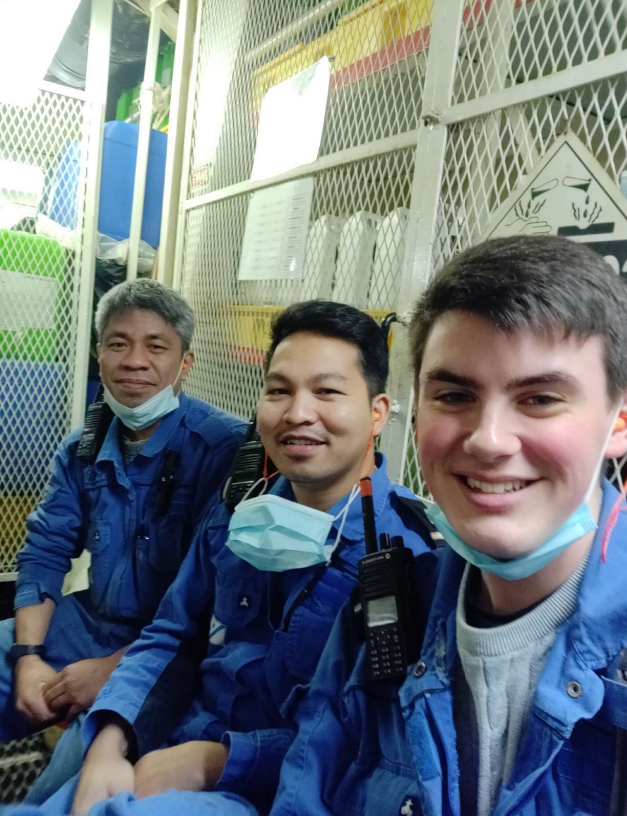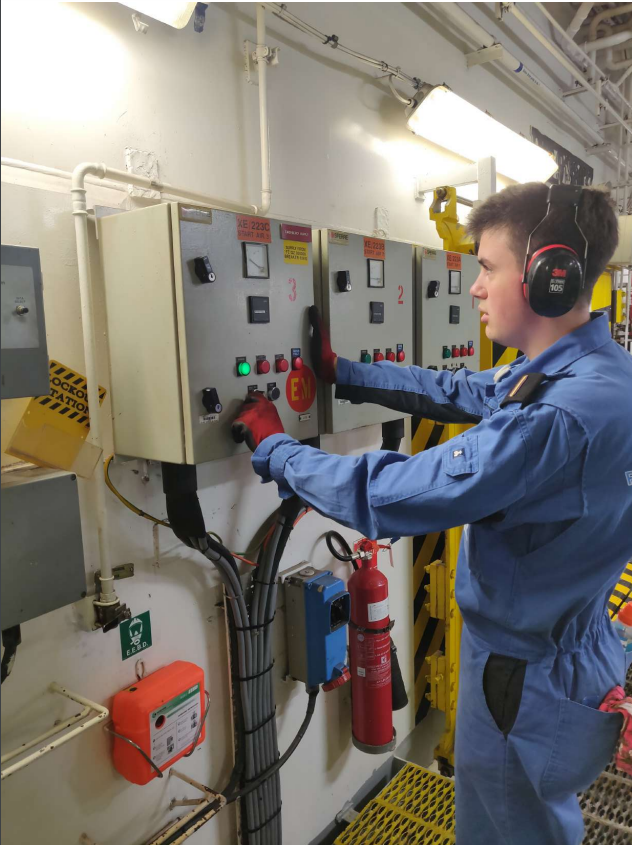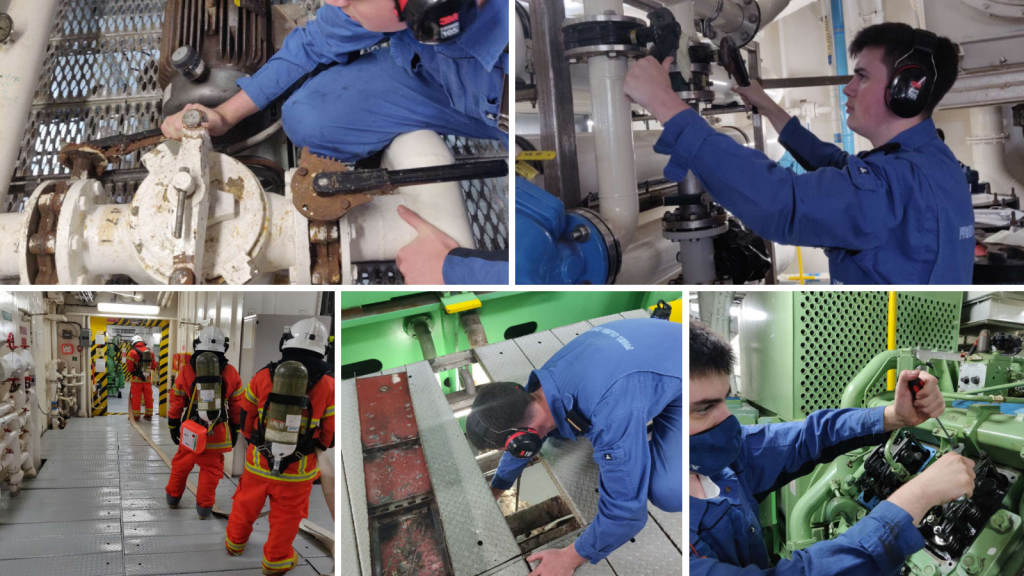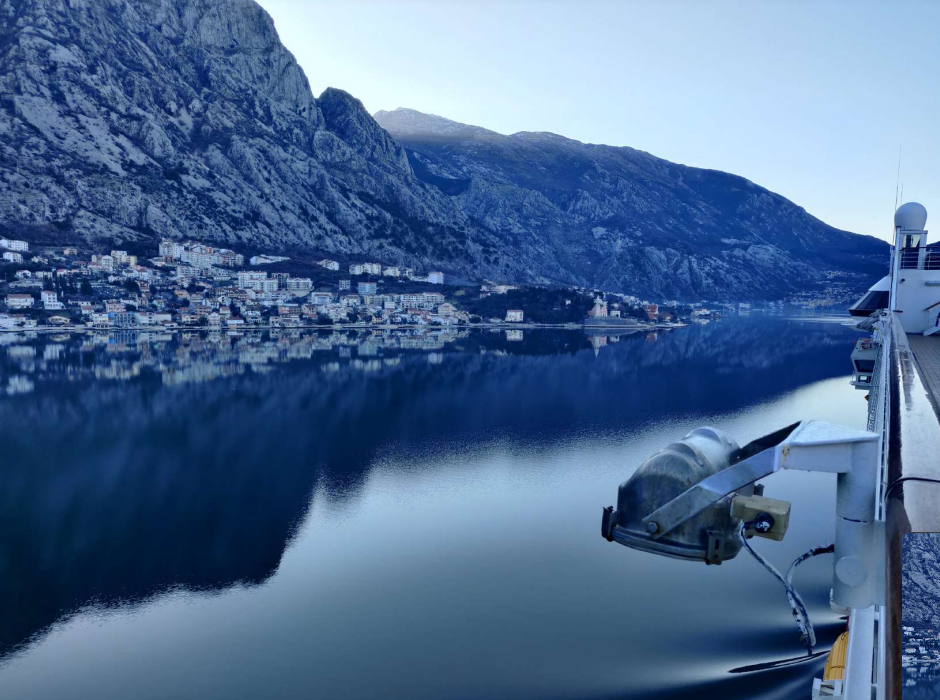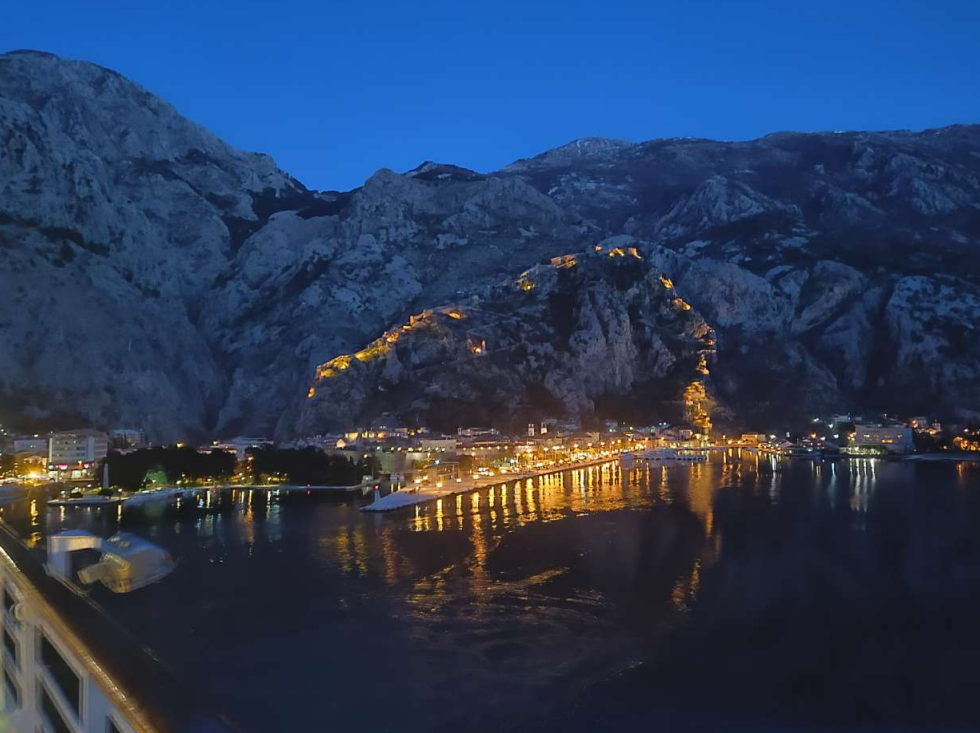For the second-part of our National Careers Week, we interviewed Heather, who joined Viking Crew in 2024 as a Cruise Recruitment Consultant. Before working shoreside, she worked on board in retail roles and on various vessels, equipping her with the industry knowledge and experience needed to recruit the perfect candidate.
What made you consider a career at sea?
“It all started when I was at college, studying beauty therapy. That was when I was first introduced to the idea of working at sea, as somebody from OneSpaWorld (FKA Steiner) came along and talk to us as a group [about careers at sea].
The career in beauty didn’t work out, but I had that in the back of my mind, and I went into retail, working in a high-street jewellers for a few years. Then, something reminded me of the fact that cruise ships existed. I hadn’t been on a ship before, so I didn’t know what opportunities there were, but I saw there were shops.
At 21 years old, I applied for a position with Harding Retail and had an interview, got the job, and secured a placement.”
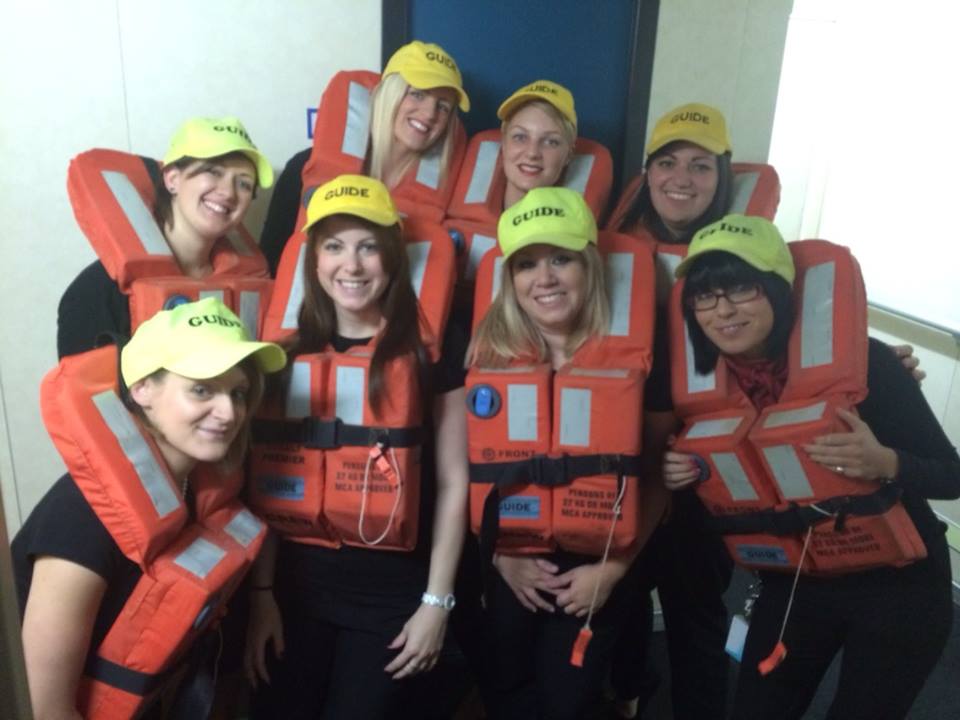
Was a career at sea always an option for you?
“No, I suppose in the beginning, I didn’t have a particular career in mind, so I didn’t know what all of the options were until they were shown to me, so not necessarily. I just went with the flow when the opportunity and timing to look for something else felt right, and that’s when it cropped up.”
What was your role on board?
“On the first ship I joined (Fred Olsen Boudicca), I worked in the shops. We were quite a small shop team, with four staff members and one manager, spread out over three shops. There was a port shop, jewellery shop and the main boutique. I was mainly focused in the port shop, which held the necessities and essentials, like suncream and chocolate!
Though I already had experience working in a jewellery shop, and had gained a NAG JET 1 (National Association of Goldsmith’s Jewellery Education and Training Stage 1) qualification, there wasn’t an opening for that position when I first went on board, so during my break between contracts I completed additional training to meet the company standards before being assigned my next ship as a Jewellery Specialist!
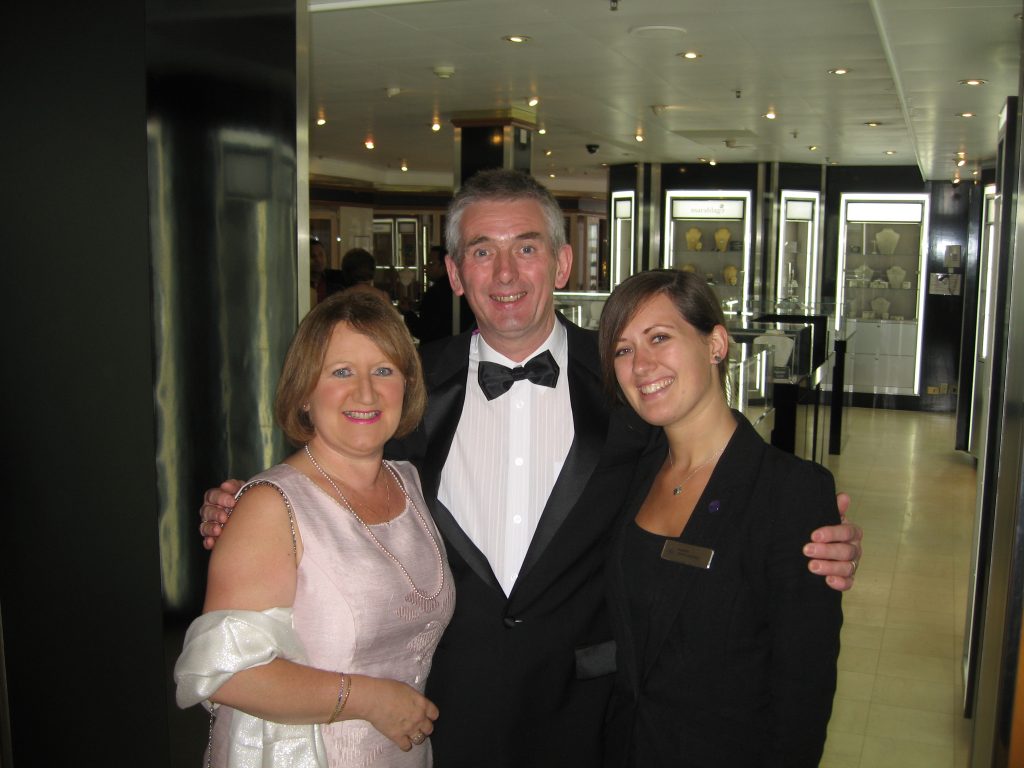
I then went on my second contract about a month after I’d come off my first, working on board P&O Oceana. This was a much bigger ship and tea, with about 17 crew divided across various shops.
I was focused in the jewellery shop but also covered other specialist positions. I additionally completed an online qualification with Tag Heuer, broadening my knowledge on luxury watches.
It was always fun, as we regularly had trunk show associates on board (somebody from a separate business who comes to set up alternative jewellery.) We often had representative from Australian Opal Cutters and Pearl Divers, so we had incredible rare pears.
I would also give presentations to guests in the lobby, where I would give a talk on tanzanite or diamonds, and we would host VIP guests and private shopping sessions with Champagne, allowing them to try-on the jewellery.
My working pattern consisted of working in the shop when it was open. On a sea day, it would open at 9 a.m. and close at 10 p.m., with an hour break for lunch and an hour for dinner. Otherwise you were in the shop.”

Would you recommend a career at sea?
“Absolutely! It was the best thing. it was so much fun travelling around, and being paid to do it! I met so many lovely people–both colleagues and guests, who I still keep in touch with now.
I met someone on board who was planning a road trip across the USA with a friend the following year, and I thought that sounded fun, “Can I come too?”
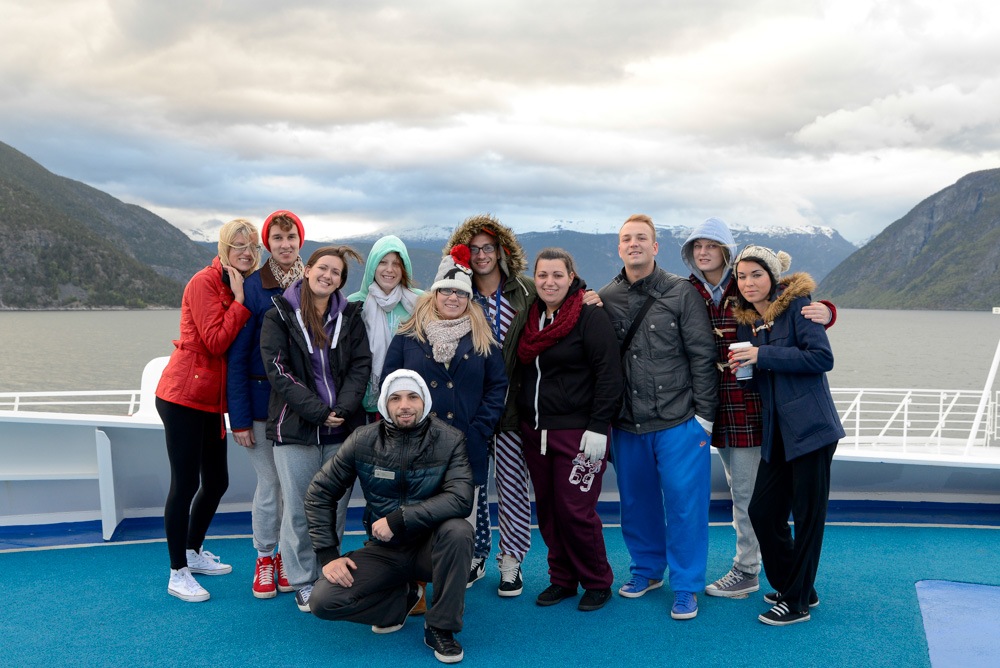
I couldn’t quite manage to save the money needed for this big road trip in less than a year, so I finished my contract and worked as a stewardess on the ferries in Dover for eight months. Fortunately, all of my certificates to work at sea were still valid, so I could join straight away. That was a lot of fun as well.
I then went on a two-month road trip to America, landed in Atlanta, Georgia and drove west…”
What opportunities can a career at sea bring for somebody?
“I think it can bring whatever opportunities you want it to bring. You went away and tried something that’s still seen as different. You’ve put yourself out there, experienced working a very tense environment, and proved that you can do it.
The longer you work at sea the better that experience is for you and your future careers. It sounds cheesy, but it’ll make you a better person for it. It’s so incredibly diverse at sea. It will get you out there and experience things. You will better understand yourself and the things you need to work on.”
What was your favourite place you visited?
“I loved the Caribbean cruise; it was a lot of fun! I wouldn’t always know what to do with myself when I wasn’t working, so what I would tend to do, especially on my first ship where there was a smaller group of us, would go on the tours with the passengers on their excursions. they always wanted somebody to be a rep from the shop to make sure what was being advertised was what was being offered, so they’d always be looking for people to join. As a result, I made almost every trip on the Caribbean itinerary.
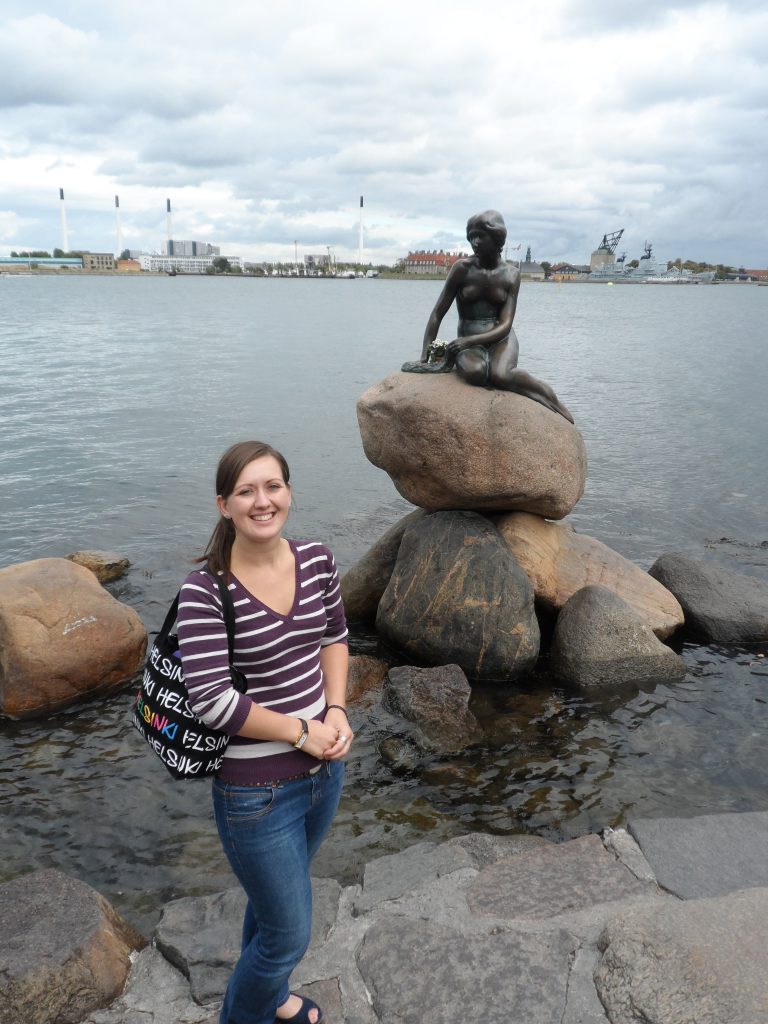
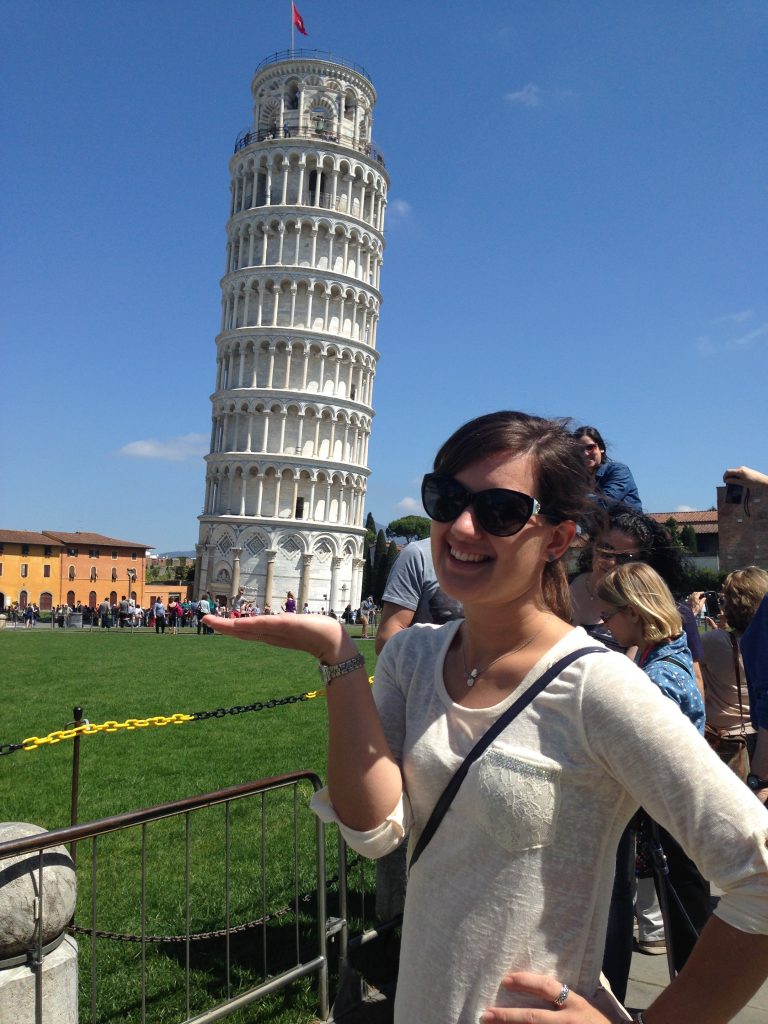
We also sailed to Petra, Jordan, where I snorkelled off the coast of Sharm-el-Sheikh, which was amazing. We also went on a rib safari in the Norwegian Fjords.”
Would you still choose a career at sea if you were a young person/teen today
“Yes, I am so passionate about cruising. It’s such a brilliant thing to work at sea, and now that I’m on the other side, I think it’s a brilliant way to go on holiday, too. I think it’s a fantastic holiday experience because you get to see different places in one trip.
Having this opportunity, knowing yourself, meeting others, seeing paces and working hard, for me it’s a no brainer! Everybody should at least spend one contract at sea – make the most of it!”
What advice would you give to someone deciding on a career at sea?
“Go into it with an open mind and take it all as it comes. Don’t get homesick; home is still there! Make friends and be open to making friends as soon as you step on board.”
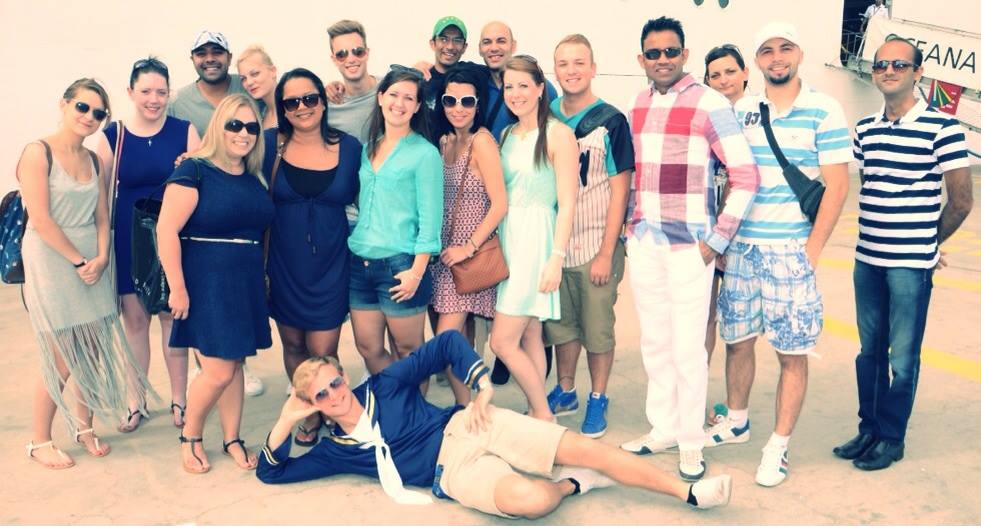
Do you think there is still a career after working at sea?
“However long you’re at sea, there’s always something after. Whether it’s related to what you did on board or related to the whole ship, there are roles everywhere.
We’re in a very lucky time where there’s an opportunity to work remotely for cruise ships also. Companies have their head offices in one place, but you can work from anywhere, and even if you don’t decide to do anything with it, it’s still a wonderful experience.”
It was lovely interviewing Heather and seeing where her career took her over the years. To read another account of a career at sea, you can read Viking Crew Cruise Placement Consultant Thomas Bishop’s interview as part of our series for National Careers Week.
